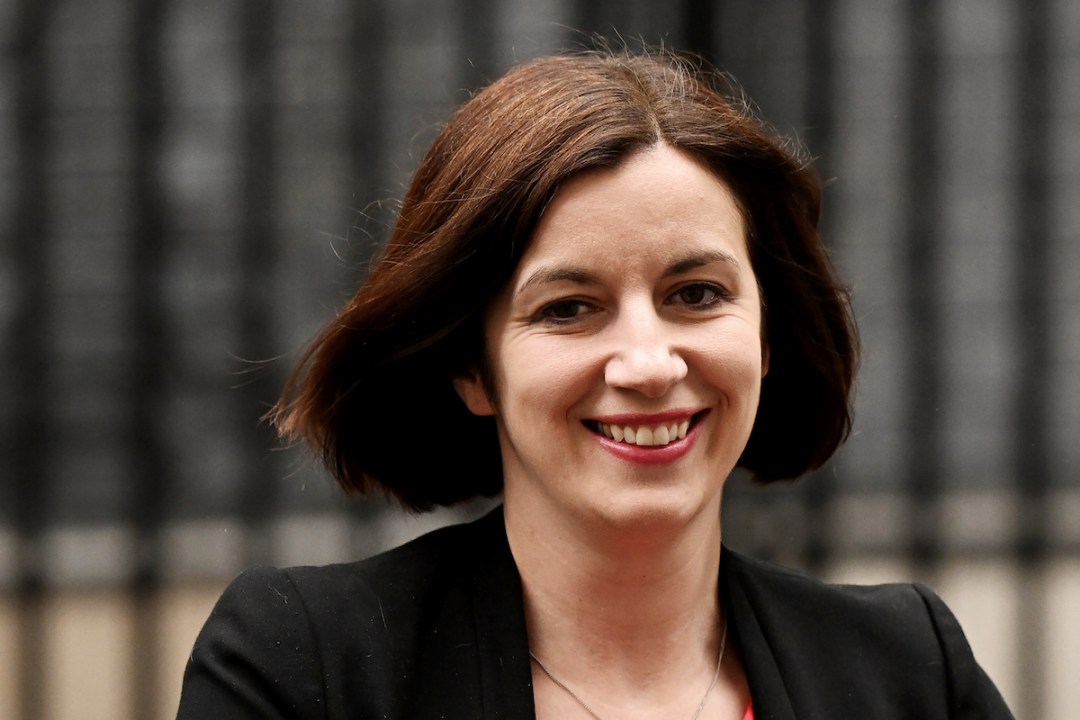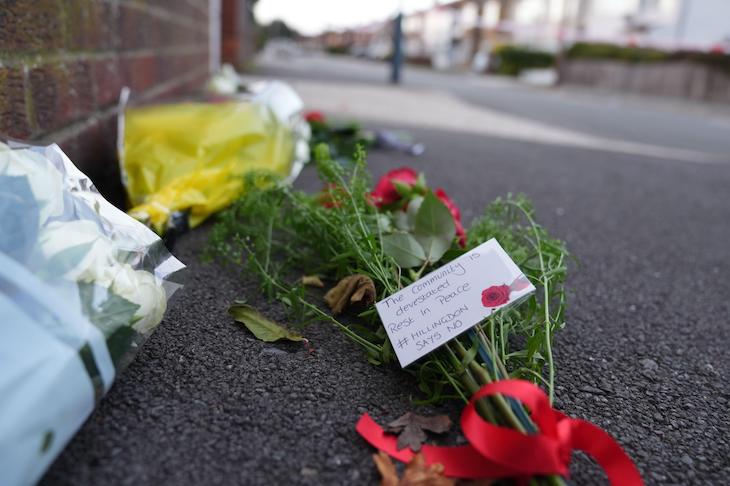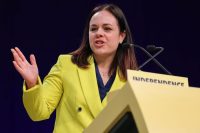There are few more irritating features of the modern apparatchik’s lexicon than ‘lived experience’. It implies the existence of some ‘unlived experience’ which is an impossibility. That said, I’m perfectly prepared to believe that members of the current cabinet know what it is to be zombies. Yet, in at least one area, the ‘lived experience’ tautology is more than just an irritation, but a serious problem: education.
Bridget Phillipson has repeatedly shown her disdain for people who are actually at the forefront of educational attainment, arrogantly dismissing those with real expertise. One of her advisers told a newspaper recently that Ms Phillipson ‘didn’t need any lectures’ about education because ‘she’s lived it’. This week saw disappointing English and Maths results across the country; more than 40 per cent of pupils now fail basic reading comprehension or maths skills, rising higher among children in deprived areas. Ironically, one of the people at whom Phillipson has sneered is the headmistress Katharine Birbalsingh, whose school in a deprived area achieved, for the first time, an 100 per cent pass-rate in both English and Maths this year.
One of Phillipson’s first acts in her role was to commission a ‘wide-ranging review’ (read: ideological recalibration) of examinations and the curriculum. This claimed – predictably – that they harm pupil wellbeing and recommended that teenagers take fewer GSCE exams because of fears they are overly stressed and are being taught merely for the test. She halved the budget of the highly-successful A-Level maths support scheme earlier in the year, despite warnings that it would harm the prospects of pupils from poorer areas of the country in particular, who are less likely to acquire the further maths qualifications needed to access top-tier university courses. Such actions point to the oppression of low expectations.
Alongside the removal of academy freedoms – which have generated better results – there are numerous smaller attacks on aspiration and achievement. She has overseen an axing of support for not only maths but also computing, physics and Latin (the DfE callously pulled the plug on the state school Latin Excellence scheme midway through the year, leaving some participants unable to complete their GCSEs). All this is indicative of the government’s priorities: £135 million to give train drivers a pay-rise despite the public sector’s generally appalling productivity levels; untold billions to be committed to the Chagos insanity. Yet they cannot find comparatively small sums to support these schemes. The general trend is away from the rigour which Nick Gibb and Michael Gove prioritised and which led to measurable success. You detect a particular animosity towards anything which might be accused of ‘elitism’.
This is best epitomised by the Education Secretary’s bizarre communication style. Every statement or tweet or interview reveals an obsession with the trappings of privilege; championing recent policies by railing against ‘posh blazers’ and ‘embossed stationery’. Ditto her barely suppressed smirk when told of private schools closing. None of this is actually about results but about appearing to punish people she hates. It’s as if someone wearing a blazer was rude to her on the school bus in the midst of that ‘lived experience’ which she so values and so now she’s wreaking her revenge. This is policy by Stephen King’s Carrie.
The education of children is of secondary importance to the indulgence of Phillipson’s personal spite
We have also seen some quite staggering public deceit by the government. In June, the Prime Minister let the cat out of the bag when he said that the money raised from the VAT raid would be used to fund new homes, rather than recruiting 6,500 new teachers, as he and his ministers had always maintained. Again and again Labour promised that any money raised from the VAT raid would be hypothecated and sent straight into state school coffers.
Sadly, it seems as if it isn’t only Phillipson who thinks the function of government policy is to punish perceived wrongs or settle the scores of the past. It’s interesting that this bit of obvious fiction has passed largely without comment; or indeed outcry from Labour’s backbenchers. If they cared about improving educational prospects as much as they say they do, they’d surely be lobbying Phillipson hard to ensure the money ended up where she repeatedly promised it would.
Part of the problem is that the VAT raid won’t raise as much as it claimed in the first place, since so many more children have exited private education than was first anticipated. But again it’s a mistake to look for logical consistency in a policy that was fundamentally about class warfare and keeping the more resentful elements of Labour’s parliamentary party happy. Some of the rare occasions when Labour backbenchers look vaguely happy in the Commons nowadays is when VAT on private schools is invoked. Again and again it seems that, in the hands of Bridget Phillipson, the education of the nation’s children is of secondary importance to the indulgence of her personal spite. It will make the next chapter of her ‘lived experience’ – when she inevitably loses her seat to Reform – all the more sweet.









Comments